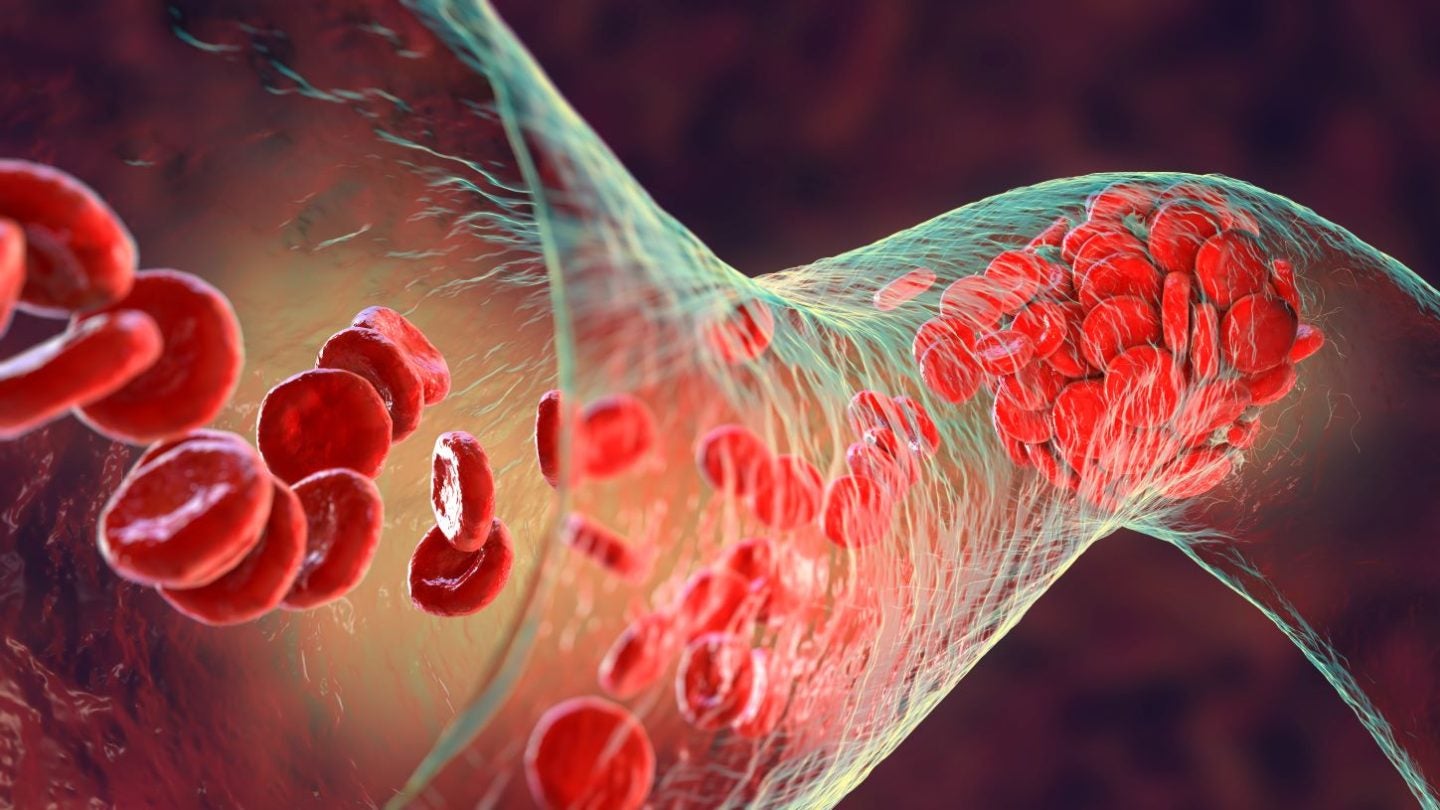

Sirius Therapeutics has filed an application in Australia to commence a first-in-human clinical trial of a long-acting next-generation anticoagulant, SRSD107, to treat and prevent thromboembolic ailments.
A double-stranded small interfering ribonucleic acid (siRNA) therapy, SRSD107 acts on coagulation factor XI (FXI) and blocks the expression of FXI protein.

Discover B2B Marketing That Performs
Combine business intelligence and editorial excellence to reach engaged professionals across 36 leading media platforms.
This approach hinders the coagulation pathway and boosts anticoagulant/anti-thrombotic effects.
The potential anticoagulant therapeutic is the first compound of the company to enter the clinic across the globe.
Sirius Therapeutics CEO Dr Qunsheng Ji said: “We have made rapid progress in developing SRSD107 and other candidates in our pipeline since Sirius was established two years ago.
“The exceptional durability of pharmacology and safety profile suggests SRSD107 has the potential to be a best and first-in-class FXI siRNA therapeutic.

US Tariffs are shifting - will you react or anticipate?
Don’t let policy changes catch you off guard. Stay proactive with real-time data and expert analysis.
By GlobalData“We aspire to develop SRSD107 as a transformative medicine with a dosing schedule of once semi-annually or potentially annually for patients who need chronic anticoagulants.”
According to data from preclinical in-vivo research, a single subcutaneous dose of SRSD107 offered a nearly 100% decline in FXI levels for up to six months without any bleeding events.
Last month, the company secured $60m in a Series B funding round led by Hankang Capital.
The company intends to utilise the investment capital to progress the clinical development of its siRNA therapeutics and develop next-generation RNA delivery technologies.
Cell & Gene therapy coverage on Clinical Trials Arena is supported by Cytiva.
Editorial content is independently produced and follows the highest standards of journalistic integrity. Topic sponsors are not involved in the creation of editorial content.





